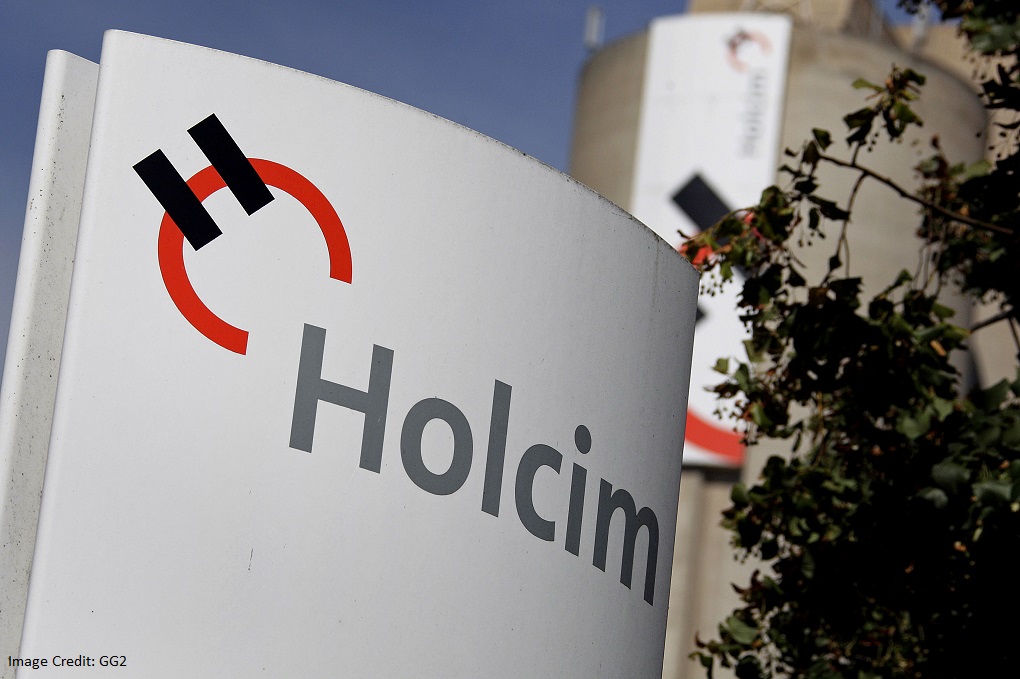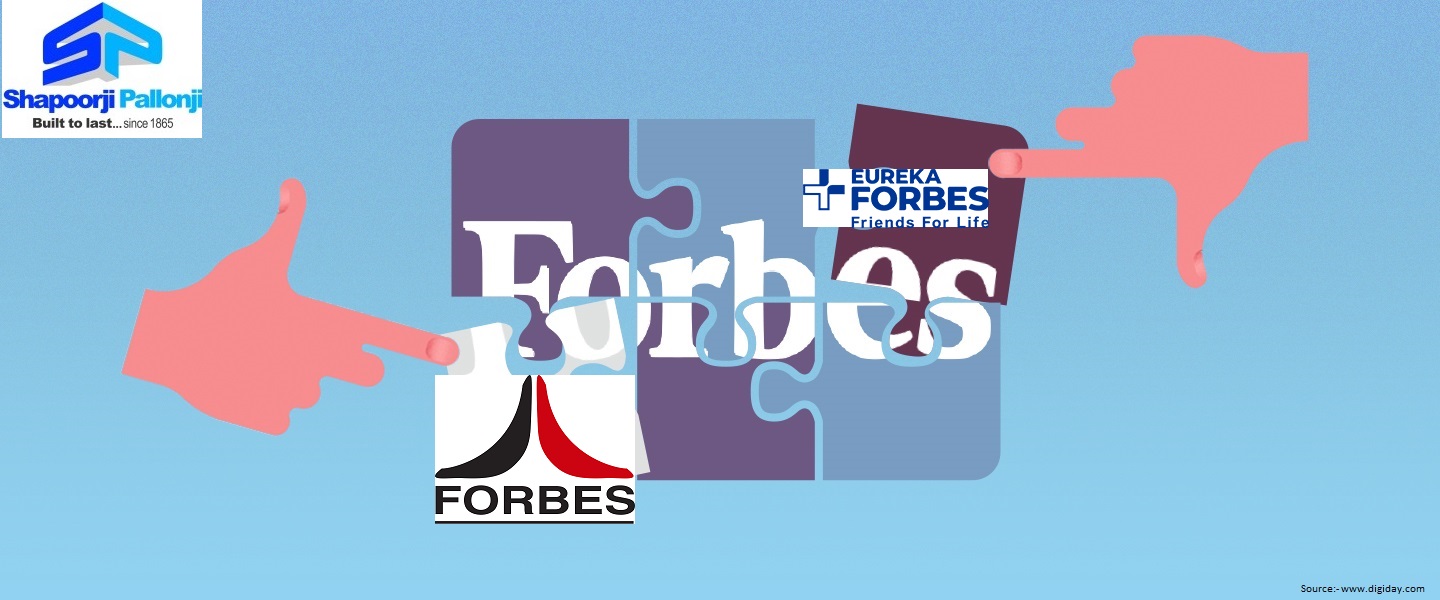Team Health isn’t going to get an over-the-top offer from private equity bidders, but a buyout may still be its best option.
The $3 billion providers of physician outsourcing services are reportedly exploring a take-private deal, with Blackstone among the firms taking a look. The news was a welcome relief for Team Health holders who are still fuming over its decision last year to rebuff acquisition offers from rival AmSurg that valued the company at roughly double its closing price Monday. AmSurg has since moved on to a deal with Envision Healthcare, leaving Team Health with few options for a strategic merger in an industry where consolidation has become increasingly important.
Investors may not want to get too excited. The odds of a private-equity firm matching AmSurg’s bid, which implied a value of $69.32 a share at the time, are low given what Team Health’s stock price has done since it spurned that company’s advances:
The rejection alone put a dent in Team Health’s shares, but they have also come under pressure as the company ran into challenges while integrating its own $1.6 billion purchase of IPC Healthcare. That deal was strategically sound, but it was expensive and greatly inflated Team Health’s debt. The results so far haven’t been all that impressive: Physicians are jumping ship and revenue growth for the IPC business hasn’t met expectations.
As such, most analysts peg an appropriate takeout value for Team Health somewhere between $40 and $45 a share. That might still be a stretch for a private equity buyer. A roughly 20 percent premium to Team Health’s unaffected price would work out to about $39 a share, or about $5.3 billion including debt. At that premium, a buyout firm would have to come up with a large equity check — potentially around 35 percent of the purchase price — to keep Team Health’s already high leverage under 7 times Ebitda, estimates RBC analyst Frank Morgan. That’s assuming Team Health gets all of the $60 million in synergies it’s targeting from its 2015 takeover of IPC Healthcare, which isn’t guaranteed given the challenges.
Those takeout estimates don’t look overly impressive considering that analysts were expecting Team Health to reach $45 a share on its own over the next year. Investors who have confidence in new CEO Leif Murphy and his impressive track record at companies including DSI Renal and LifePoint may want to see what he can do before selling out. Murphy only came into the top role in September.
But analysts’ estimates for this company have been overly optimistic before and at a certain point, investors might want to just lock in what gains they can. At best, they’re in for a bumpy ride by staying in the stock. Managing the IPC integration issues away from the public markets, with the help of a private equity turnaround expert, would be easier.
It’s not clear how Jana Partners, the activist investor that gained board seats at Team Health after criticizing its “missteps” in strategy, might feel about a bid in the range of $45 a share. The company said it paid around $230 million for a block of about 5.9 million shares; that works out to about $39 apiece. So there’s some upside for the investor but not a lot.
What’s in it for Blackstone? The private equity firm certainly has experience with Team Health. It acquired the business from Madison Dearborn and other investors in 2005 and then took it public in 2009. This time around Blackstone may have a different exit in mind. AmSurg and Envision purposefully structured their merger as a nil-premium, all-stock transaction so as to have a cleaner balance sheet with which to pursue more deals down the road.
It’s worth noting that while the integration of IPC has been challenging, AmSurg saw enough value there that it wanted that business as part of a Team Health takeover. In a year or two, the company could come knocking again at Team Health’s door.
–With assistance from Gadfly’s Gillian Tan.
Recent Articles on M&A
Source: Bloomberg.com




